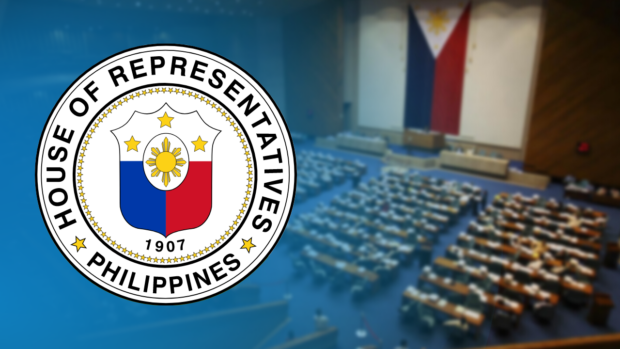
MANILA, Philippines — Two Makabayan bloc party-list members of the House of Representatives — France Castro of ACT Teachers and Raoul Manuel of Kabataan — lauded on Tuesday the government and the National Democratic Front of the Philippines (NDFP) for agreeing to revive their peace negotiations.
In a statement, Castro said that the move would help the country achieve true unity and “urgently address challenges” like “environmental issues and foreign security threats.”
Senior Undersecretary, the presidential adviser on peace, reconciliation and unity, had announced earlier on Tuesday the tentative agreement to restart the talks on the decades-old communist armed conflict.
“It is good that after six years both panels are going back to the negotiating table and start from where they left off. Such a move should address the roots of the armed conflict to attain just peace,” Castro said.
“Now the substance and the crucial part in the stalled talks namely the Comprehensive Agreement on Social and Economic Reforms (CASER) would finally be discussed and when agreed upon by the two parties may finally start to address the gross inequality in our country,” she added.
In a separate statement, Manuel said that his group would fully support peace negotiations that ended in 2019, as decided by then-President Rodrigo Duterte.
“We fully support the move to explore the peace negotiations again after ex-President Rodrigo Duterte declared an all-out war policy and unleashed state terror on the Filipino people,” Manuel said.
“The peace talks can be reopened in a conducive atmosphere if it comes with the revocation of terror designations vs CPP-NPA-NDF and red-tagged advocates and organizations, and the scrapping of the Terror Law.”
Both Castro and Manuel also called for the abolition of the National Task Force to End Local Communist Armed Conflict (NTF-Elcac), an inter-agency anti-communist body that aims to address the insurgency on a local level.
During the Duterte administration, the NTF-Elcac was accused of red-tagging — that is, linking workers, government officials, activists, and even artists to the Communist Party of the Philippines (CPP) and its armed wing, the New People’s Army (NPA).
The incidents of red-tagging have led to complaints being filed against NTF-Elcac officials before the Office of the Ombudsman.
“We hope that the Marcos Jr. administration would stick with the peace negotiations and not to listen to the hawks and peace saboteurs, especially those in the NTF-ELCAC,” Castro said.
“Also, peace talks will thrive if the Marcos Jr. administration will abolish the NTF-ELCAC, which was borne out of the failure of the Duterte regime to address the roots of the armed conflict and seriously pursue the peace talks back then,” Manuel said.
Oslo Joint Communiqué
Under the new agreement, dubbed the Oslo Joint Communique, the two parties stated they recognized the root issues of the armed conflict and agreed to a “principled and peaceful resolution.”
“Resolving the roots of the armed conflict and ending the armed struggle shall pave the way for the transformation of the CPP-NPA-NDFP,” Galvez, who read the communique, said.
READ: CPP lays out demands to bolster peace negotiations between gov’t, NDFP
The NPA has been waging a guerrilla war since its founding in March 1969, under the administration of then-President Ferdinand Marcos.
It appeared that peace talks would prosper under the Duterte administration, considering his close relationship with some key CPP officials, led by its founder Jose Maria Sison, a former college professor of his.
However, mistrust between the two sides — with the government claiming that rebels were still doing ambushes despite a ceasefire order — led to the failure of discussions.
The Duterte administration then started a stringent anti-insurgency campaign, shifting to a localized approach through the NTF-Elcac.